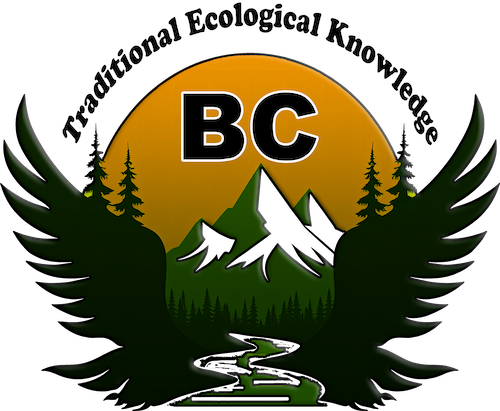The traditional knowledge of medicinal plants contributes to the conservation of biodiversity. Protecting diverse ecosystems ensures their capacity to adapt to climate change while supporting the well-being of local communities.
Indigenous medicinal knowledge encompasses a rich tradition of plant-based remedies, healing practices, and holistic approaches to health and well-being. Indigenous communities throughout the western provinces have developed a deep understanding of local ecosystems and the medicinal properties of native plants through generations of observation, experimentation, and cultural transmission. Traditional healing practices such as herbal medicine, sweat lodges, and spiritual ceremonies play a central role in promoting physical, mental, and spiritual health among indigenous peoples.
Moreover, indigenous medicinal knowledge contributes to environmental sustainability by fostering stewardship of natural resources, conservation of biodiversity, and sustainable harvesting of medicinal plants. By cultivating medicinal gardens, practicing wildcrafting, and implementing traditional harvesting protocols, indigenous communities ensure the continued availability of medicinal plants while maintaining ecological balance. Additionally, by integrating traditional healing practices with modern healthcare systems, indigenous communities offer alternative approaches to wellness that prioritize cultural continuity, community empowerment, and environmental stewardship.
However, indigenous medicinal knowledge may face challenges such as loss of traditional knowledge, biopiracy, and cultural appropriation. Colonialism, globalization, and socio-economic disparities have led to the erosion of indigenous healing traditions and the commodification of traditional medicines. Furthermore, exploitation of natural resources and intellectual property rights issues can undermine indigenous communities' control over their traditional knowledge and medicinal plants. Addressing these challenges requires efforts to protect indigenous intellectual property rights, promote cultural revitalization, and support community-led initiatives for sustainable healthcare and environmental conservation.
In summary, indigenous medicinal knowledge in BC offers valuable insights into holistic approaches to health, healing, and environmental stewardship. By respecting and integrating traditional healing practices into healthcare systems, communities can promote wellness, preserve cultural heritage, and sustainably manage natural resources for future generations.

